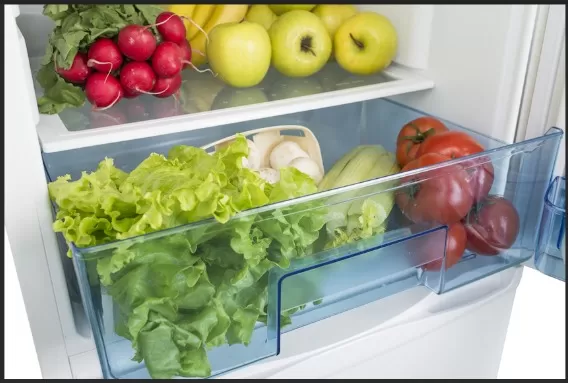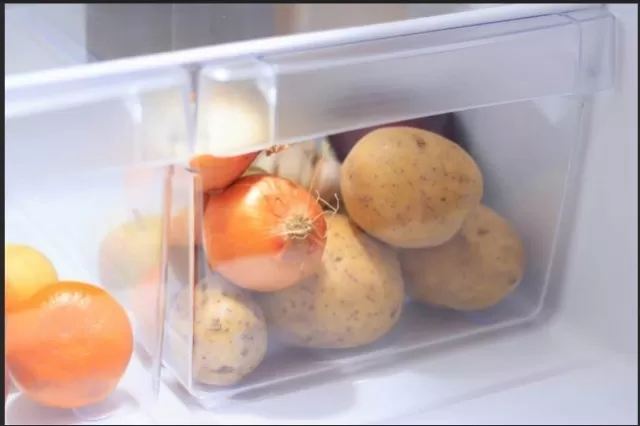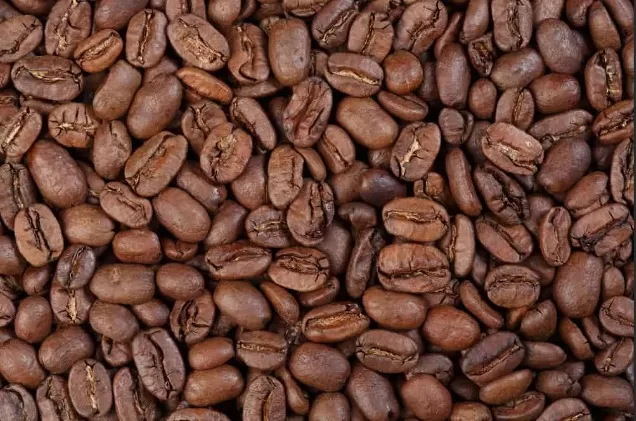No-Fridge Items: Things You Shouldn’t Refrigerate. While refrigeration plays a crucial role in extending the shelf life of numerous food items, it’s important to note that some products fare better when left on the counter instead of being stored in the fridge. Understanding these exceptions can help optimize the quality and flavor of your ingredients.
One prime example is tomatoes. These vibrant, juicy fruits can suffer from a loss of flavor and develop a mealy texture when subjected to cold temperatures. To fully enjoy their natural sweetness and delicate taste, it’s best to store tomatoes at room temperature until they reach optimal ripeness. Only refrigerate them if they have fully ripened and need to be kept for an extended period.
Preserve and Protect: Unveiling the Secrets of Proper Food Storage

The refrigerator, a magnificent innovation of our time, stands as a cornerstone of modern convenience.
It not only serves as a safe haven for our perishable food items but also grants us instant access to refreshingly chilled beverages. While we are well aware of its ability to preserve leftovers and safeguard dairy products, it’s worth noting that certain edibles tend to spoil when subjected to cold temperatures.
Join us as we delve deeper into the realm of food preservation, uncovering the lesser-known items that should never find their way into the depths of Your Fridge.
Melons Unplugged: Optimal Storage for Maximum Flavor
When it comes to storing whole melons, such as watermelon, cantaloupe, or honeydew, the refrigerator might seem like the obvious choice.
However, this conventional approach not only occupies valuable space but also hampers the natural ripening process, ultimately compromising the delightful flavors these mega fruits have to offer. Moreover, subjecting melons to chilly temperatures can diminish the presence of beneficial antioxidants they inherently possess. To savor the full spectrum of taste and nutritional benefits, it’s best to leave these fruits on the countertop until they reach their peak ripeness. Once sliced or partially consumed, it’s advisable to store any leftovers in a tightly sealed container within the refrigerator, ensuring their freshness for up to three days. Discover the secret to unlocking the true essence of melons by adopting the optimal storage practices.
Preserving Potato Perfection: Ideal Storage for Raw Spuds

Resist the urge to simply toss that bag of potatoes into the depths of your crisper drawer! Cold temperatures wield a transformative effect on the starchy complex carbohydrates within raw potatoes, resulting in an unexpected sweet taste and an unpleasantly gritty texture upon cooking.
To ensure optimal flavor and texture, it is recommended to store raw potatoes in a well-ventilated basket or drawer, shielded from direct sunlight. By adopting this mindful storage approach, you can safeguard the exquisite essence of potatoes and elevate your culinary experiences to new heights.
Bid farewell to compromised taste and embrace the art of preserving potato perfection.
Golden Nectar Unleashed: Optimal Honey Storage Unveiled
Behold the remarkable nature of honey, a divine elixir brimming with sweetness and natural preservative properties.
With its high sugar content, honey triumphs as a delicacy that defies the need for refrigeration.
Indeed, subjecting that beloved honey bear to the cold confines of the fridge will only result in a frustrating struggle to extract its golden goodness. Refrigeration causes honey to harden and crystallize, robbing it of its smooth and flowing consistency.
To preserve the luxurious texture and rich taste, it is best to store honey on a shelf in your pantry, away from direct sunlight.
However, should you err and mistakenly refrigerate your honey, fret not. There is a remedy. Gently place the honey bottle in a pan of warm (not boiling) water, allowing it to bask until it gracefully returns to its liquid state. Embrace the art of honey storage and unleash the full splendor of this golden nectar in your culinary endeavors.
The Perfect Brew: Mastering Coffee Storage Techniques

To ensure your morning cup of aromatic bliss reaches its full potential, refrain from storing coffee beans in the refrigerator.
The cold temperatures within the fridge can lead to unwanted condensation, diluting the flavors that make coffee truly exceptional. Moreover, freshly ground coffee has a propensity to absorb the odors emanating from other refrigerated foods, resulting in an undesirable taste experience.
For the ultimate sensory delight, it is advised to store your coffee in an airtight container, preserving its freshness and integrity at room temperature. Seek out a dark and cool abode, such as a cabinet, where your coffee can rest undisturbed until the moment of brewing arrives.
Elevate your coffee-drinking ritual by mastering the art of storing these precious beans, unlocking a symphony of flavors that dance with every sip.
*The information is for reference only.